NC Psychology Board Defense Attorney
Defending Psychologist
Each year, the North Carolina Psychology Board publishes a list of disciplinary actions it has taken. If a complaint is filed against your license, your name could appear on that list. Having an experienced attorney focused on professional licensing defense to help respond to the complaint can protect your license and ensure you present your case effectively.
Negotiations and Consent Orders
Not every licensee wants to go through a formal Board hearing, which can be stressful and time-consuming. If the Board finds probable cause that a psychologist violated a rule, and the psychologist acknowledges that improvements could have been made in their practice, the licensee may be offered a Consent Order. A Consent Order is a negotiated settlement between the psychologist and the Board designed to avoid a hearing and potentially achieve a more favorable outcome. These negotiations are conducted by the psychologist’s attorney in collaboration with the Board’s counsel.
Consent Orders are reviewed by the Consent Order Committee, which is composed of two Board members appointed by the Chair. Their role includes:
1. Reviewing consent agreements submitted by the Board’s attorney and staff, following the issuance of a statement of charges alleging violations of the Practice Act, Board rules, or the APA Ethics Code.
2. Determining whether the agreement should be presented to the full Board for final approval. If the committee rejects the agreement, it may be modified and resubmitted, or the case may proceed to a formal hearing.
In practice, these Consent Orders are most often accepted by the full Board and on the rare occasion are rejected for further modifications.
How an Attorney Can Help
Involving an attorney early in the complaint process is crucial for any licensed professional, and it is especially important for those in the mental health field. Mental health counseling often occurs on a one-on-one basis, making disputes largely a matter of one person’s word against another’s. Crafting a clear and persuasive written response is essential to achieving a favorable outcome.
An attorney can also coach you through interviews with the Board, negotiate a potential Consent Order, and ensure the process proceeds smoothly—helping reduce stress while protecting your professional license. In the rare event the case proceeds to a hearing, your attorney can guide you through testimony, examine witnesses, present favorable evidence, and deliver effective opening and closing arguments.
Once a Complaint is Received
When the North Carolina Psychology Board receives a complaint, it begins a formal review process. The Board typically evaluates two main factors: authority and merit. First, the Board determines whether the complaint falls within its jurisdiction—complaints regarding a psychologist’s professional practice generally do. Next, the Board considers whether the complaint may have merit based on the information provided. If so, an investigation will follow, although the licensee is not presumed guilty.
Psychologists should respond promptly to any Board complaint. Usually, the Board requests a written statement within 30 days of notification and may later ask the licensee to participate in an investigator interview.
At this stage, it is crucial to contact an experienced North Carolina professional license defense attorney. Reviewing any notes or documents about the complainant and working with an attorney to prepare a comprehensive response can strengthen your defense and protect your professional license throughout the investigation.
Probable Cause Committee
Probable Cause Committee
After the investigator has gathered statements from all relevant parties, the findings are presented to the Board in a standardized format, which typically includes:
The psychologist’s specialty and number of years licensed in North Carolina
Descriptive information about the complainant
Date the complaint was received
Period of service provided to the complainant
A brief summary of the complainant’s allegations
Applicable statutory provisions and ethical standards
Details of the investigation, including individuals contacted for information
The investigation’s findings
The names of the respondent, complainant, and others contacted during the investigation are excluded from this report.
The Board then determines whether there is probable cause that the psychologist violated its rules or laws. If no probable cause is found, or if the issues are minor, the licensee may receive an educative letter, formally closing the case.
However, if the Board finds probable cause that a violation occurred, the psychologist will receive a formal Notice of Charges and should begin preparing for a hearing. This hearing is a formal, judicial-like proceeding where witnesses are called, evidence is presented, and both opening and closing arguments are made.
Take the Next Step
Your license represents years of education, training, and experience. A single complaint or misunderstanding should not jeopardize your career.
If you are under investigation by the North Carolina Psychology Board or have been notified of a complaint, contact our office today. We provide free and confidential consultations. Office number: 919-616-3317.




